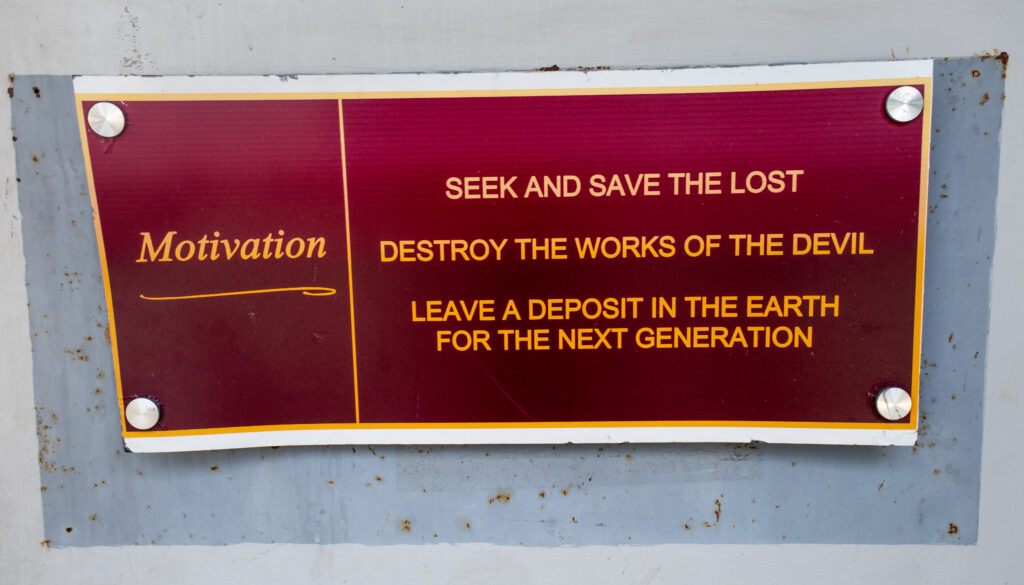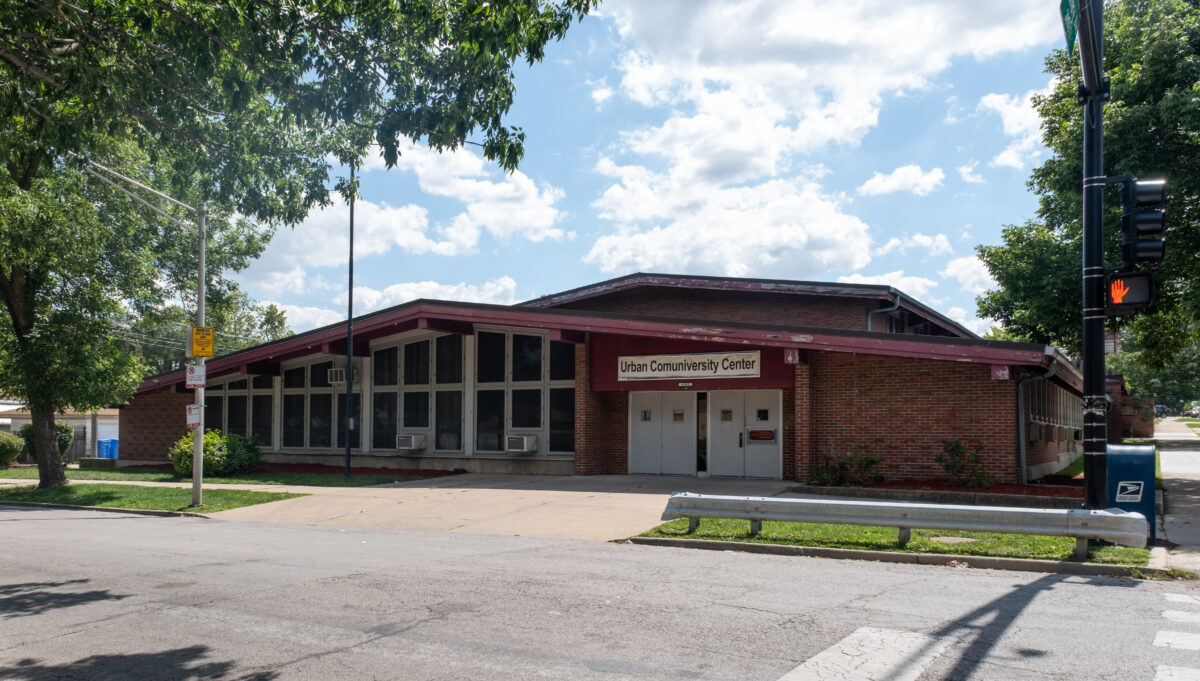From Zumba, to stepping, to after-school programs, the Urban Comuniversity Center on 91st and Jeffery has offered an array of programs over the last nine years, since the community center’s inception. The family-owned organization is well established in the Calumet Heights/Pill Hill neighborhood, draws children from nearby schools to its programs, and operates year-round. What makes it unique? The family-run business has longevity. Children who attended after-school programs nine years ago are still stopping by, now leading classes.
The Comuniversity was founded in 2016 with “a mission to bring neighbors together in a supportive and engaging environment.” Taylor and Sheridan, two Urban Comuniversity employees, are also grandchildren of the Comuniversity’s founder. I spoke with them about their grandfather’s mission and their passion for the Urban Comuniversity’s work.
Before our interview, I stood in the doorway for a moment. I could see happy kids dancing in an indoor basketball court.
The Urban Comuniversity has a youth employment program, which is in operation thanks to a grant from the state. When I visited, one of the youth workers was leading the dance class, with others supporting classes such as art, technology, creative workshop, and physical education.

Sheridan loves working with youth and designing in the space. As Taylor put it, the Urban Comuniversity’s holiday designs are “something like you would see in Marshall Fields,” only within the hallways of the former school and staffed by team members who pass out candy. The school, Benjamin O. Davis Developmental Center, served students with disabilities until it was closed and Langston Hughes Elementary was opened in 2009. The building lay empty until the Comuniversity opened.
Sheridan and Taylor work with kids on their homework and take special pride in lending an ear and helping with science fair projects. Sheridan recently helped one girl win at her school with a circuitry project.
“I’m grateful that they are comfortable coming to me,” Sheridan said.
The initial challenge, said Taylor, was bringing in students and establishing community partnerships. Activities like the Comuniversity drill team brought students in, but also tested the nerves of some people in the community.
“We do have a drill team, so throughout the day we do get some noise complaints,” Sheridan said. “To overcome that challenge, we’ve spoken with the neighbors and we’ve come up with a schedule that works for all of us.”
I can attest to the volume and skill of the drill team, personally. I often hear them when I get off the bus and head home from work.
Sheridan said the kids keep her at the Comuniversity. “There are a bunch of children who were like eight, nine [when we opened], and now they’re like nineteen, twenty. Since they’re getting older I’ve been getting invited to a lot of graduations in the last three years.”
“They call themselves OGs, the ones that have been here for so long. Because I noticed that they consider this their spot, I’ve decided to start calling them members,” she said.
According to Taylor, the younger children look up to the “OGs” and feel a sense of well-being knowing that “when I turn fifteen, sixteen, I’m going to be one of them.”
The invitations to graduations are an indication of the level of trust and commitment Sheridan and Taylor have with the kids at the Comuniversity. “I love that they’re able to come to me with all of their different problems,” Sheridan said. They don’t want to tell their parents everything, she said, but “I’m grateful that they trust us.”
Sheridan would like to effect change in the neighborhood by building more community, including by hosting more community events. “In other neighborhoods, I noticed that they’re bigger on hosting events, and you know your neighbors,” she said. “I feel like we have more fights and violence and things like that around here. I really want to stop the violence and reach out to the community and pull them in.”
For the youth who continue to come to the Urban Comuniversity Center, though, Taylor has already noticed an impact. “Some of the changes we’ve seen are that some of the students aren’t as angry as they used to be. I think it was just because they had nowhere to go, nothing to do, or their parents are working all the time; they just want a place to hang out, do their homework, and have someone to talk to,” said Taylor.
Urban Comuniversity Center, 9101 S. Jeffery Blvd. urbancomuniversity.com
Dabney Lyles is a longtime South Side resident. This is Dabney’s first piece for the Weekly.

